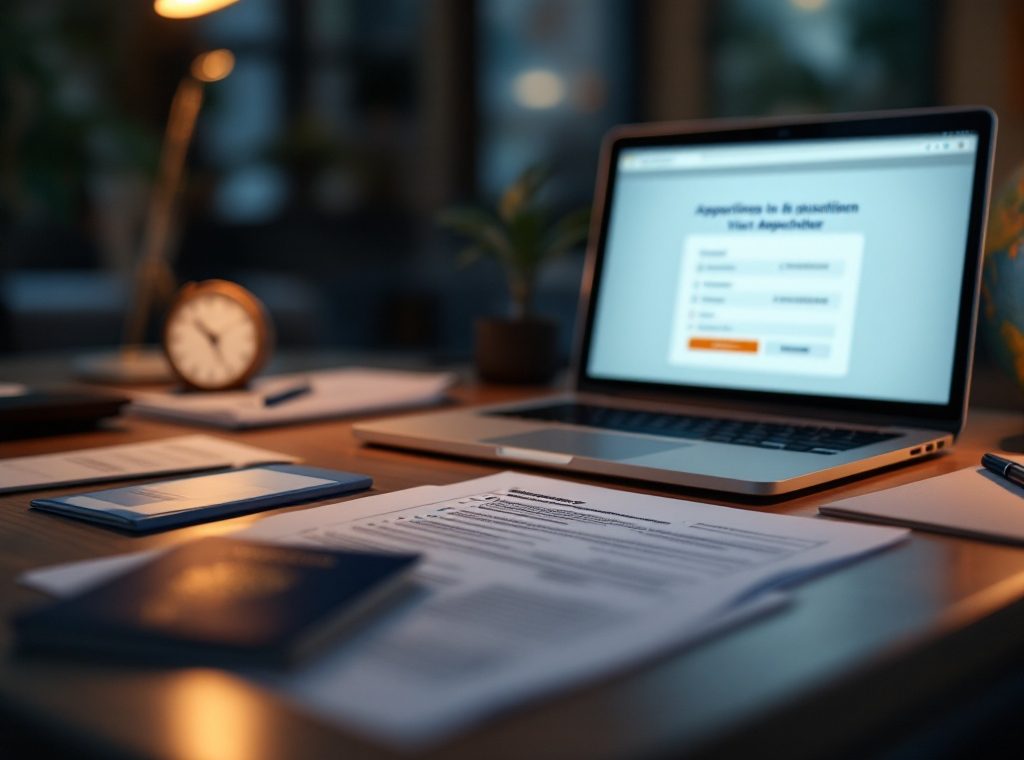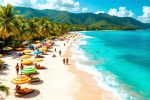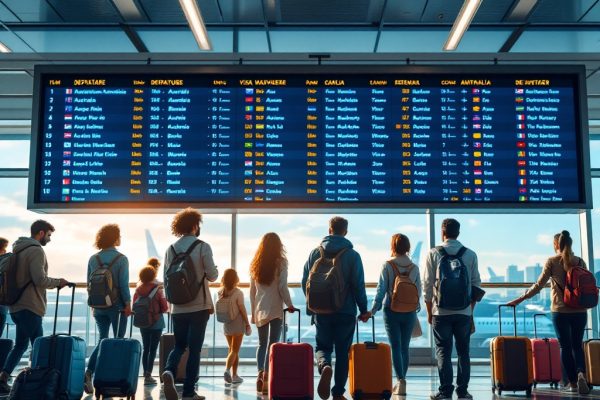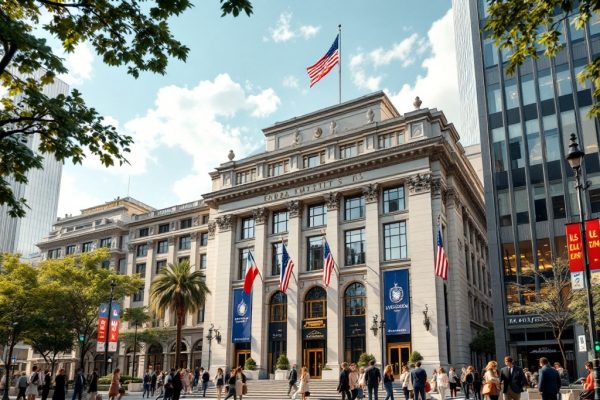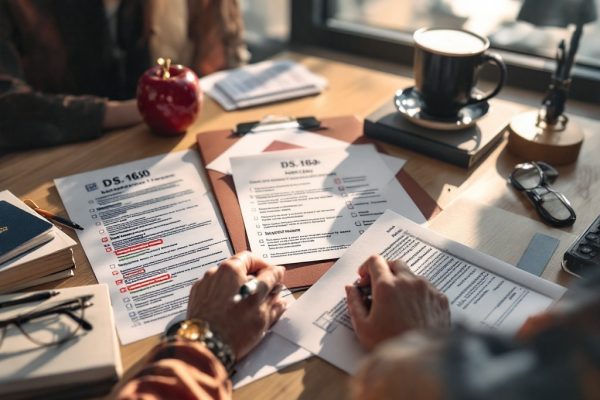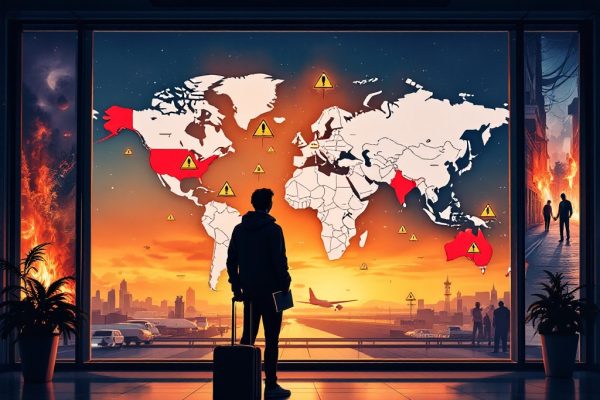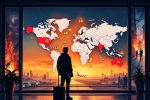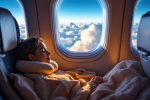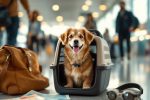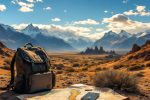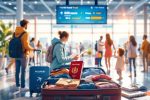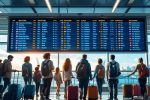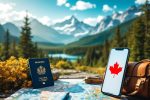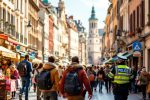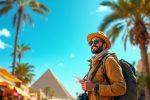How to Prepare for the Visit to the Embassy
Planning a visit to the U.S. Embassy? A successful visa interview is crucial for approval. This guide provides essential steps, from scheduling your medical exam and gathering required documents (like your passport and DS-260 confirmation) to preparing for potential interview questions and demonstrating strong ties to your home country. Learn how to address common challenges, present financial stability, and articulate your travel plans effectively. Start your visa journey prepared and confident. Read on to increase your chances of visa approval.
Important information
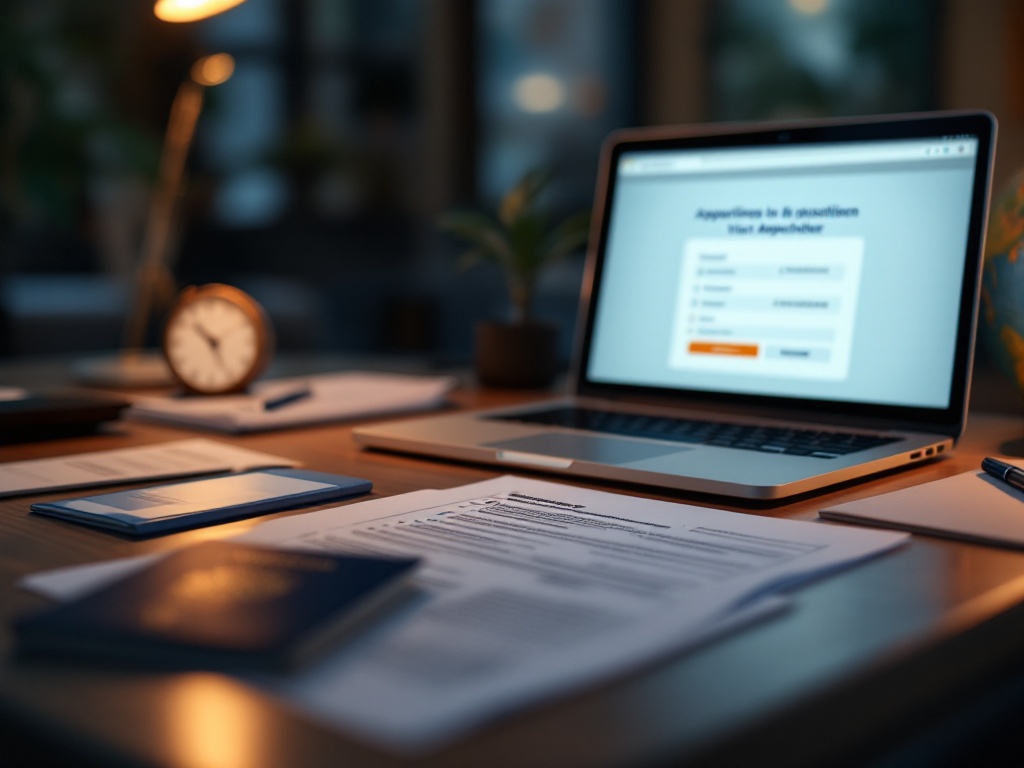
- Schedule a medical exam with a doctor approved by the embassy.
- Gather all required documents, including a valid passport, visa application, DS-260 confirmation page, and supporting financial and employment documents. Check the embassy website for specific requirements.
- Prepare for your visa interview by researching common questions, practicing your answers, and planning your travel details. Be ready to show ties to your home country.
- Dress professionally and arrive 15-30 minutes early for your interview.
- Be truthful throughout the entire visa process.
Essential Steps to Prepare for the Visit to the Embassy
Planning an embassy visit requires careful preparation. Begin by scheduling a medical examination with a physician approved by the embassy. Next, gather all necessary documents, such as a valid passport and completed visa application. Consult the embassy’s website for operating hours and applicable fees. Prepare for a potential interview by researching commonly asked questions. The main applicant’s presence at the interview is mandatory. For first-time applicants, a successful interview is crucial for visa approval.
Schedule a medical exam with an embassy-approved physician.
Compile all required documents, including a valid passport and visa application.
Check the embassy website for operating hours and fees.
Prepare for a potential interview by researching common questions.
Remember that the main applicant’s attendance at the interview is mandatory.
Scheduling Your Visa Interview Appointment
Your visa interview will be held at the U.S. Embassy or Consulate where you applied. Please arrive promptly.
Understanding the Visa Interview Process
Preparing for your visa interview is crucial. Be ready to discuss your travel plans, including where you’ll be going and how long you plan to stay. The consular officer will ask about your finances for the trip and what ties you have that will ensure your return home. Dressing professionally and giving honest, concise answers will help the officer assess your application accurately when you visit the U.S. Embassy or Consulate.
Preparing Required Documents for the Visa Interview
Gather your civil documents. Bring original or certified copies of your civil documents to your visa interview to avoid potential issues.
Check for essential documents. Essential documents often include birth certificates, marriage certificates, and divorce certificates (if applicable).
Review specific embassy/consulate requirements. Each embassy or consulate has specific document requirements, so review their website for a comprehensive list before your interview.
Missing documents could lead to visa denial or processing delays.
Documents to Bring for Your Visa Interview
Gather your interview appointment letter from the National Visa Center (NVC).
Ensure you have a passport valid for six months beyond your intended stay.
Prepare photographs that meet embassy specifications.
Locate your DS-260 confirmation page.
Collect all necessary civil documents, such as birth or marriage certificates.
Compile supporting documents like financial statements or employment letters.
Interview Appointment Letter
Remember to bring the interview appointment letter you received from the National Visa Center (NVC).
Valid Passport Requirements
For entry into the U.S., your passport must be valid for six months beyond your intended arrival date. Ensure it won’t expire before then.
Photographs Specifications
Submit two identical color photographs that meet standard U.S. visa photo requirements.
DS-260 Confirmation Page
Print your DS-260 confirmation page and bring it to your visa interview.
Supporting and Civil Documents
For your interview, please bring original or certified copies of all civil documents previously submitted to the Consular Electronic Application Center (CEAC). These include documents such as your birth certificate, and any marriage or divorce certificates, if applicable. Having these readily available will expedite the interview process.
Visa Interview Preparation for Different Visa Types
Planning a trip to the US? You’ll likely need a visa. Here’s a look at some common types.
B1/B2 Visa (Business/Tourism/Medical Treatment)
The B1/B2 visa caters to both business travelers (B1) and tourists or those seeking medical treatment (B2). These are for short stays, and you’ll need to demonstrate your intention to return home afterward. Be prepared to show proof of sufficient funds to cover your expenses and evidence of strong ties to your home country, such as a job, family, or property ownership. A well-defined itinerary is also helpful.
F-1 Visa (Student Visa)
For students pursuing education in the US, the F-1 visa is required. Acceptance into a Student and Exchange Visitor Program (SEVP)-certified school is essential. You must also demonstrate your ability to pay for tuition and living expenses. Be ready to discuss your academic aspirations and plans to return home after completing your studies.
H1B Visa (Professional Workers)
Professionals with specialized skills may qualify for the H1B visa. This requires a job offer from a US employer. You’ll need to provide evidence of your qualifications, including your education and experience. Be prepared to discuss the specifics of your job role and your plans to depart the US once the visa expires.
Remember, each visa type has specific requirements, so plan ahead and gather all necessary documentation.
Tourist Visa Application (B1/B2 Travel Visa)
Applying for a B1/B2 travel visa requires specific documentation. Essential items include your DS-160 confirmation page and a valid passport. Photographs must adhere to embassy specifications. Furthermore, supplemental materials like financial statements and travel itineraries are usually necessary. Demonstrating strong ties to your home country, such as financial stability and confirmed return plans, is also key to a successful application. This reassures officials of your intention to return after your travels. Here’s a step-by-step guide:
Complete the DS-160 form online and print the confirmation page.
Ensure your passport is valid for at least six months beyond your intended stay.
Provide photographs that meet the specific requirements of the US embassy or consulate.
Gather supporting documents such as financial statements, travel itineraries, and letters of employment.
Demonstrate strong ties to your home country to assure officials of your intention to return after your visit.
Student Visa (F-1 Visa Interview)
Preparing for your F-1 visa interview is crucial for your US study plans. During the interview, a consular officer will evaluate your application and your intention to return home after completing your studies. Be prepared to answer questions about your academic history, your chosen program, how you plan to finance your education, and your ties to your home country. Essential documents to bring include your academic transcripts, your I-20 form, and proof of financial support. Clearly articulating your academic goals and career plans is vital for a successful interview.
Employment Visa (H1B Visa)
Gather your I-797 approval notice, LCA (Labor Condition Application), and employment contract.
Make copies of your degrees and diplomas, along with any specialized training certificates.
Prepare a resume highlighting your skills and experience.
Compile documentation of your prior work experience.
Tips for a Successful Visa Interview
Dress professionally to create a powerful first impression.
Arrive early to minimize stress.
Answer questions confidently and truthfully, maintaining eye contact and speaking clearly.
Demonstrate strong ties to your home country, assuring the interviewer of your return after your trip.
Clearly and concisely explain your travel plans and purpose.
Above all, be honest throughout the interview.
Dress Professionally for the Interview
When visiting a U.S. Embassy or Consulate, professional attire is essential. Men should generally opt for dress pants or khakis, paired with a collared shirt and dress shoes. A suit and tie might be necessary for certain visa interviews. Women can choose a business suit, a dress, or a skirt and blouse combination. Avoid overly casual clothing such as jeans, t-shirts, shorts, athletic wear, and flip-flops. Select an outfit that reflects respect for the occasion.
Men
- Dress pants or khakis,
- Collared shirt,
- Dress shoes.
A suit and tie might be necessary for certain visa interviews.
Women
- Business suit,
- Dress,
- Skirt and blouse.
Avoid: jeans, t-shirts, shorts, athletic wear, and flip-flops.
Arriving On-Time at the Embassy
Arrive at your visa interview 15-30 minutes early. This gives you enough time to go through security and find your way around the embassy. Being on time shows respect and helps things run smoothly, but arriving too early is not recommended. Do not arrive hours before your scheduled appointment.
Answering Interview Questions with Confidence
Approach your interview with calm honesty.
Prepare by reviewing your visa application and supporting documents.
Clearly outline your travel plans: your destination and intended length of stay.
Demonstrate your financial stability and highlight your connections to your home country, reinforcing your intention to return.
Practice answering potential questions with a trusted friend or family member to build your confidence.
Proving Your Intent to Return Home
Demon.
Importance of Truthfulness in Answers
Truthfulness is key to a successful visa interview. Dishonesty can lead to denial and even a permanent ban. Be honest.
Handling Common Visa Interview Challenges
Demonstrating Financial Stability
Prove you can cover your travel expenses by providing financial documentation, such as: bank statements, tax returns, or employment letters. If someone else is sponsoring your trip, include a signed affidavit of support from them confirming their financial commitment.
Detailed Travel Plans
Provide a comprehensive travel itinerary outlining your planned activities, accommodations, and confirmed return date. Include hotel reservations or invitations from hosts to strengthen your application.
Employment Verification
If employed, submit a letter from your employer stating your position, salary, and approved leave. This confirms you have a job to return to after your trip.
Self-Employment Documentation
If self-employed, provide business documents and financial records. This demonstrates your business’s stability and ties to your home country, increasing your visa approval chances.
Financial Status and Sponsorship Letter
Demonstrating your financial stability is crucial for visa approval. Typically, you’ll need six months of bank statements reflecting regular income and sufficient funds for your travel. If a sponsor is covering your trip, a letter confirming their commitment and outlining expense coverage is essential. This letter should accompany the sponsor’s bank statements and proof of your relationship. Additionally, documents like tax returns, property ownership records, or investment portfolios can bolster your application by showcasing your financial strength. Consider these key elements for demonstrating financial stability:
- Bank Statements: Provide six months of statements showing regular income and sufficient funds for your trip.
- Sponsor’s Letter: If sponsored, include a letter from your sponsor confirming their commitment and outlining expense coverage.
- Sponsor’s Documents: Include the sponsor’s bank statements and proof of your relationship with them.
- Additional Documents: Strengthen your application with tax returns, property ownership records, or investment portfolios.
Addressing Questions About Your Purpose of Visit
Preparing for your visa interview? Be ready to discuss your U.S. travel plans with the consular officer. This includes your trip dates, destinations, and accommodations. Explain your purpose—tourism, studies, work—with specific details. You should also be prepared to talk about your ties to your home country, such as family, employment, or property ownership. Honest and concise answers are crucial. Here’s what you should prepare:
- Travel plans: Specify your arrival and departure dates, cities you’ll visit, and where you plan to stay, such as hotel names or addresses of friends or family.
- Purpose of travel: Clearly articulate the reason for your visit. If it’s tourism, mention specific attractions or activities you plan to experience. For studies, state the name of the institution and your program. If traveling for work, provide details about your role and the company you’ll be working for.
- Ties to your home country: Demonstrate strong connections to your home country that would compel you to return after your U.S. trip. This might include family relationships, a stable job, or ownership of property or a business.
Providing Evidence of Employment Status
Employed
Standard income verification includes:
- a letter from their employer,
- recent pay stubs,
- tax returns.
Self-Employed
Verification typically requires:
- business registration documents,
- tax returns,
- bank statements.
Profit and loss statements can further clarify financial standing.

